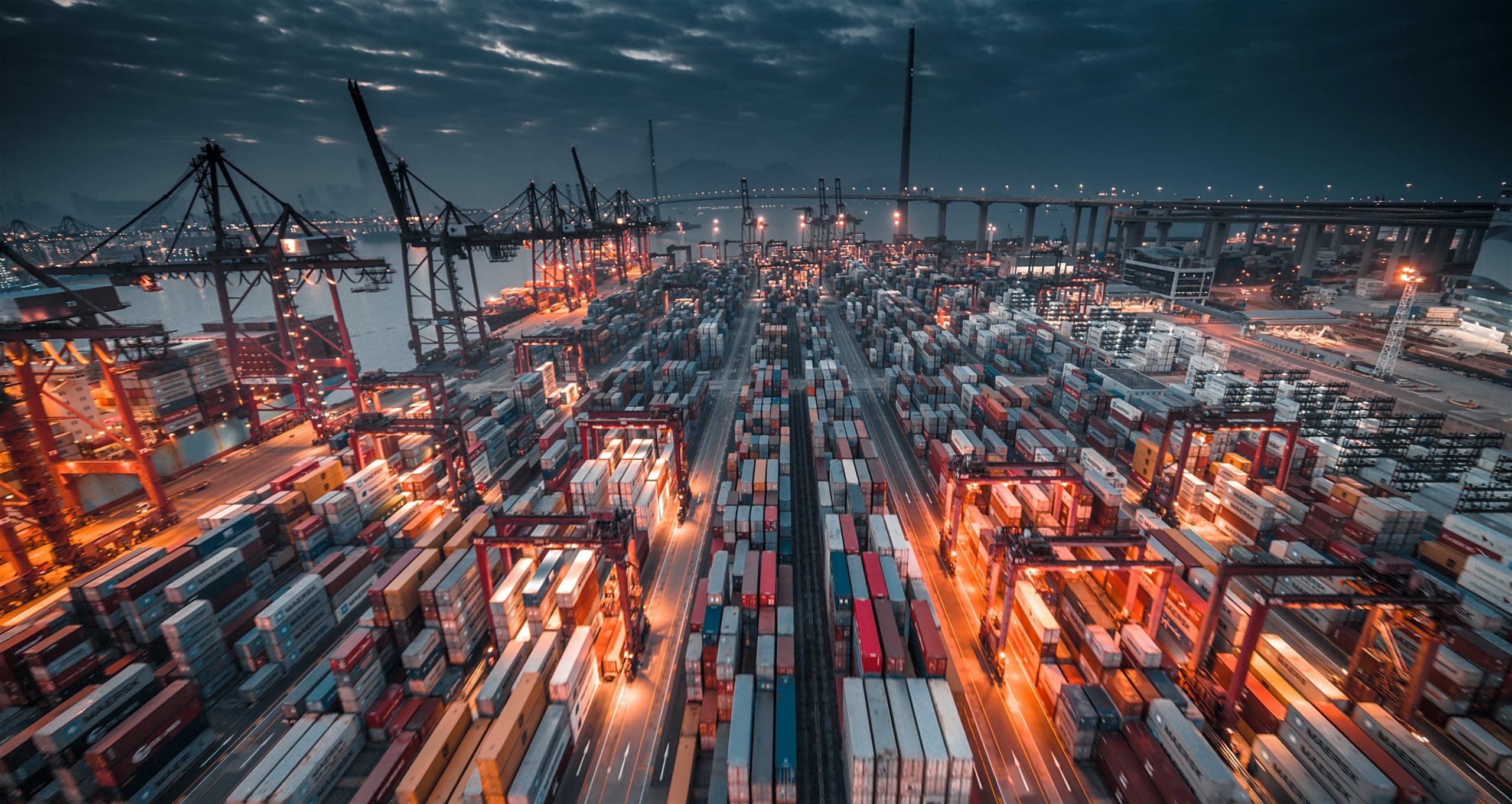
The only way is up
You don’t have to be addicted to shopping to notice that world trade is being impacted by COVID-related shut downs, port congestion and supply chain inefficiencies resulting in longer waits for goods of all kinds.
The delays and disruption have been blamed on a benign post-Pandemic boom in which the end of lock downs in many countries has resulted in soaring demand across the economy. But this post COVID shopping spree for everything from iPads to LNG also has an unintended consequence: rising emissions from shipping.
The world’s top agriculture trader, Cargill is telling anyone who will listen that the boom in global trade is boosting demand for ships and causing the container fleet in particular to speed up at sea, burning more fuel and emitting more pollutants and carbon.
Emissions dipped when the world hibernated in 2020 but predictions made by the IMO in its fourth Greenhouse Gas study published the same year, expected significantly lower emissions from the sector last year and this.
Jan Dieleman, head of Cargill’s ocean transportation business and the face of the company’s decarbonization strategy told Bloomberg that as the boxship fleet is speeding up, “so emissions from that sector are going to be up, not down.”
It’s not just the IMO that got it wrong. Numerous governments have pledged to cut carbon emissions or achieve net carbon neutrality with few details on how they will cope with huge increases in use of fossil fuels and all kinds of carbon-related pollution. The shipping industry at least has firm targets to cut greenhouse gas emissions in half by 2050.
Shipping “activity is back to the heydays” Dieleman added, with the market for carrying bulk commodities set to stay strong for the next three to six months. Soaring energy prices have already boosted coal trade for the coming winter months as gas becomes unaffordable or unobtainable.
Emissions are unlikely to return to the record levels seen in 2008 as many owners have already invested in fuel-saving technology, he said. The bigger challenge is that the IMO is only responsible for what happens at sea, while most countries and companies like Cargill are attempting to count the entire life cycle of their emissions.
Progress is slow because the IMO operates at the global level and must gain agreement from a majority of governments while giving ‘no more favourable treatment’ which has to weigh competing interests from countries at different levels of economic development with diverging political positions.
Hampering progress further will inevitably be the lack of data on precise emissions from the world fleet. The EU and IMO both operate data collection systems based on historical emissions using different methodologies, increasing the uncertainty about whether emissions are being accurately measured and carbon priced correctly.
The EU plans to extend its Emissions Trading Scheme to shipping and Dieleman thinks the speed of the IMO process has made regional schemes inevitable. While it would be “great if it’s all regulated globally, I think the issue you’re going to have is that it’s not going to go fast enough.” he said. “It’s going to be probably the lowest denominator. And why would you not let certain jurisdictions go more aggressive?”
The shipping industry needs to set a standard for emissions if it’s to attract new investment and Dieleman thinks this will be needed sooner rather than later. Market dynamics will shift from the current uplift in dry bulk freight to a recovery in tankers in the medium term as the world emerges from the pandemic. Container freight rates will normalise once the world shifts from consuming to once again enjoying ‘experiences’.
At that point Dieleman reckons we will find there aren’t enough ships being ordered, but that the finance needed will be greener than ever before. “If you are a ship owner and you want to add capacity, what are you going to buy? What technology are you going to buy? Who is going to finance you and under what kind of conditions?”
A lot will depend on the ability to accurately account for emissions. While the outlook for owners might be positive, the bigger risk is that without either a tighter focus on controlling carbon emissions or more regulation that emissions will rise, while the means to accurately count them will lag behind the available technology.
Photo by Timelab Pro on Unsplash



